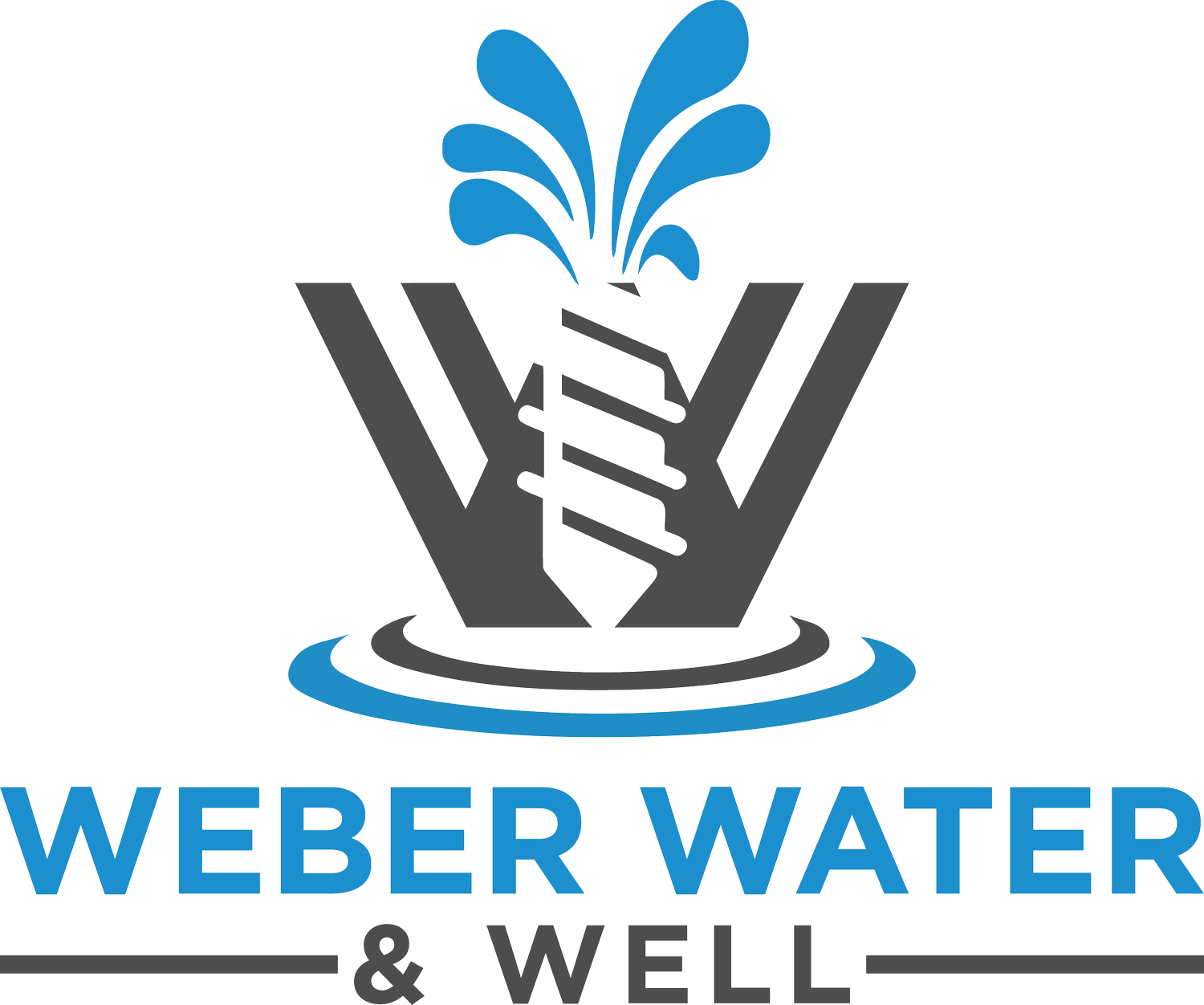15 Benefits of Regular Well Rehabilitation
Well rehabilitation is an essential practice that ensures the longevity and efficiency of water wells. It's not just about maintenance; it can significantly impact the water quality you rely on and the overall sustainability of your water supply. In this post, we will explore the numerous benefits of regular well rehabilitation and why it's a must for any well owner.
1. Improved Water Quality
One of the primary advantages of rehabilitating your well is the improvement in water quality. Over time, sediment and minerals can build up, leading to cloudy or unpleasant-smelling water. Rehabilitation helps clear these out, ensuring you have clean and safe water.
Moreover, enhanced water quality not only affects taste but also contributes significantly to health. Clean water is essential for drinking, cooking, and bathing. When your well is well-maintained, you reduce the risk of contaminants entering your water supply, leading to a healthier lifestyle.
In regions where water contamination can be a concern, regular rehabilitation serves as a protective measure. By investing time and resources into your well, you are essentially safeguarding your family from possible health hazards associated with waterborne diseases.
2. Increased Yield
Regular well rehabilitation can help boost the water yield of your well. By removing debris and contaminants, your well can operate more efficiently, leading to higher water production without increasing energy costs.
Imagine having a well that can fulfill your water needs effortlessly! Improved yield not only means more water for your household but also provision for gardens and landscaping, enhancing your property's beauty and utility.
3. Extended Well Lifespan
Just like any piece of machinery, wells require maintenance to function properly. Regular rehabilitation can extend the lifespan of your well, saving you the significant costs associated with drilling a new one.
Think of your well as a long-term investment. With proper care, it can provide decades of reliable service. Taking proactive steps today ensures that you won't have to face the hefty expenses of a replacement later.
4. Cost Savings on Repairs
Investing in regular rehabilitation can prevent major issues from arising. By addressing minor problems as they occur, you avoid costly repairs in the future that could lead to more extensive damage.
Consider what happens when maintenance is neglected: problems can escalate quickly. By keeping a close eye on your well's condition, you empower yourself to manage your budget effectively, ensuring that your water system remains functional without unexpected financial shocks.
5. Enhanced Pump Efficiency
A well that is regularly rehabilitated allows pumps to work more efficiently. This means less energy consumption, which translates to lower utility bills and a reduced carbon footprint.
Not only do you save money, but you're also doing your part for the environment! An efficient pumping system reduces energy demand, allowing you to enjoy your water while minimizing impact on the planet.
6. Reduction in Contaminants
Rehabilitating your well routinely helps in controlling the levels of harmful contaminants. This is crucial, especially in areas where wells are susceptible to chemical runoff or pollution.
By proactively managing the health of your well, you're significantly decreasing the likelihood of nitrate, bacteria, or heavy metals infiltrating your water supply, thus directly contributing to a healthier community.
7. Better Resource Management
A well-maintained well promotes better water resource management. Regular assessments ensure sustainable usage without over-extracting resources, protecting your well and surrounding ecosystems.
8. Preventing Mechanical Failures
Well rehabilitation allows for early detection of mechanical issues, significantly reducing the risk of catastrophic failures that can leave you without water unexpectedly.
9. Compliance with Regulations
In many regions, maintaining water quality standards is required by law. Regular well rehabilitation ensures that your water supply meets these regulations, avoiding fines and keeping your community safe.
10. Increased Property Value
A rehabilitated well can enhance your property’s value. Prospective buyers often look favorably on properties with well-maintained water systems, recognizing the benefits for their own use.
11. Supporting Local Ecosystems
Healthy wells contribute to maintaining the local ecosystem. By ensuring that your well is clean and functioning properly, you’re helping to sustain the wildlife and plants that rely on fresh water.
12. Boosting Community Health
Regular well rehabilitation helps to ensure that the community has access to safe drinking water, which is essential for public health. By maintaining your well, you're contributing to the overall wellbeing of your neighbors.
13. Promoting Sustainability
Sustainable practices are key for the environment, and well rehabilitation supports this by ensuring that water resources are used responsibly. It lays the groundwork for future generations to enjoy clean water.
14. Simplifying Water Supply Management
With regular rehabilitation, managing your water supply becomes simpler and less stressful. Knowing that your well is in good shape allows for worry-free water access.
15. Creating Peace of Mind
Finally, rehabilitating your well offers peace of mind. Knowing that your water supply is reliable and safe allows you and your family to focus on what matters most.


